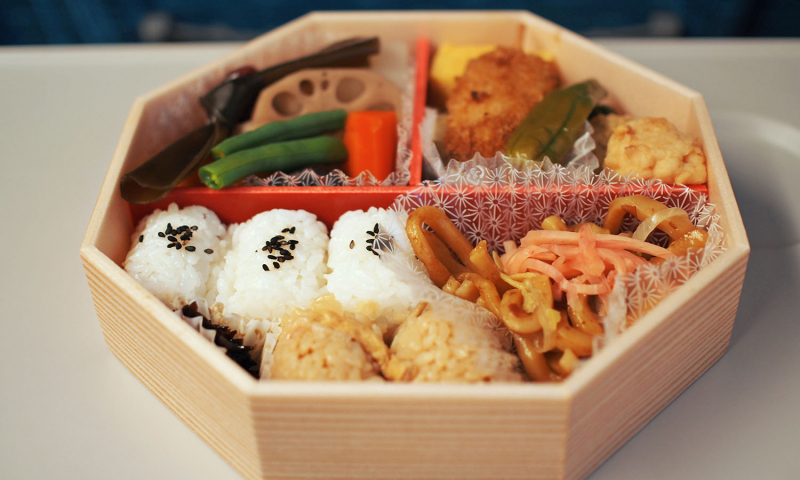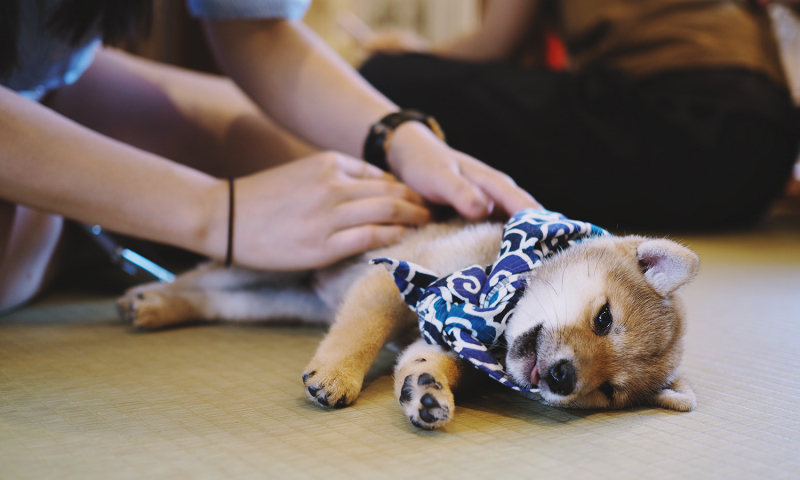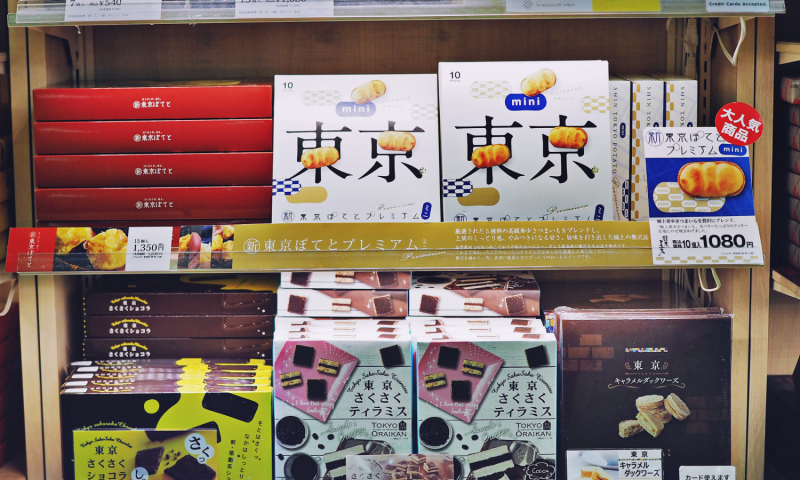
Omiyage: Japan’s Souvenir Culture


Sponsored Links
There have been more and more text slang appearing in recent years in Japan, thanks to high school girls. It’s common everywhere in the world for young girls and boys to create slang, so that adults can’t understand what they’re saying. And definitely in Japan, the teen slang is hard to decipher. Their slang is comprised of shortened phrases a lot of the time, perhaps because texting has become so fast-paced. So, here are some text slang popular within Japanese high school girls:
1. Ri/Ryo: ryoukai
Ryoukai means “I understand”. The word is only two characters and two syllables, but now is often shortened to two characters but one syllable, ryo. There are even some who feel that that’s still too long, and just say ri. For example, “Don’t forget to buy some milk” ,”Ri”.
2. Ichikita: ichiji kitaku
This word means: I’m going to go home once first. This phrase is especially useful for students. When you want to hang out with your friends after class but you’re carrying some heavy books and dressed in your uniform, you might want to go home once and drop stuff off. Then you can just send ichikita to your friends, to tell them that you’ll be back soon after you drop off your things first.
3. Enka
If you know a lot of Japanese music, you might think: Enka? Isn’t that a Japanese music genre? It is also that, but enka for Japanese high school girls means to encounter someone. Originally used on online games, the term has now been claimed by high school girls to mean bumping into someone coincidentally.
4. Sutabaku/Sutaren: sutampu bakugeki/sutampu renpatsu
Sutabaku is the shortened term to mean stamp bombing. Stamps refer to stickers that are used on the popular social messaging app LINE, and this phrase refers to when someone sends crazy amounts of stickers/stamps at one time. Since it requires just one click to send a sticker picture, it’s easy to send hundreds of them at a time. People sutabaku when the person they are messaging isn’t responding and they want attention, and also as an alarm to wake friends up if they have something important to do that day.
5. Burokkori
You can probably guess, but burokkori most often means broccoli in Japanese. When it’s used in text however, burokkori means blocking someone on a social networking site. The word helps in softening the sound of the harsh act of blocking someone.
6. The evolution of anger
There are said to be over 10 phrases in saying how angry you are in text slang. Here are the six most basic ones, in order of anger level.
Oko: Oko, is short for okori which plainly just means “angry.”
Geki-oko: Geki means extremely, therefore this words means “extremely angry.”
Geki-oko punpun maru: From here on, the phrases don’t make much sense.
Muka chakka faiya: Roughly translates to “angry ignition fire.”
Kamu chakka inferuno: Roughly translates to “angry (backwards) ignition inferno.”
Geki oko sutikku fainaritii punpun doriimu: Roughly translates to “extremely angry stick finality punpun dream.”
Nobody really knows how this list of words to express anger came to be.
7. Ari yori no ari:
When you’re making plans, it’s hard to decide if you have a lot of members. So how do you decide? In Japan especially, there is pressure to be considerate of what other people want to do, not just what you would like to. Therefore, it’s difficult to be assertive when planning a group event. Instead, to be more timid, you can use these phrases to show your stance on what you are willing and not willing to do:
(note: ari= alright/acceptable, nashi= not alright, not acceptable, yori=closer to)
Ari yori no ari: Acceptable.
Nashi yori no ari: Acceptable, but close to not acceptable.
Ari yori no nashi: Not acceptable, but close to acceptable.
Nashi yori no nashi: Not acceptable at all.
8. KS:
Something that everyone of the young generation fears: having your message read but no response. This happening in Japanese is called kidoku suruu and is shortened to KS.
9. Wanchan:
Wanchan is followed by aru or nai, which mean have or do not have. So, you either do have wanchan, or you do not have wanchan. Originally, the word comes from “One Chance” and was originally used during majhong games but is now used in conversation and text. The word has many meanings but mainly, “there is a possibility” when you say you have wanchan. It can also mean “the chance of a lifetime”, or “give me another chance”.
10. Furorida: furo ni hairu kara ridatsu suru
This phrase means I’m going to take a bath so I can’t message for a while. In Japanese, furorida is also used for the state of Florida, in the US, therefore for people who do not recognize this word, it might seem like the person texting is referring to the state. It’s hard to imagine when you would ever have to use this phrase, but maybe if you’re in a heated conversation with some friends in a group chat, you might want to let them know that you’ll be gone for a bit.
Sponsored Links
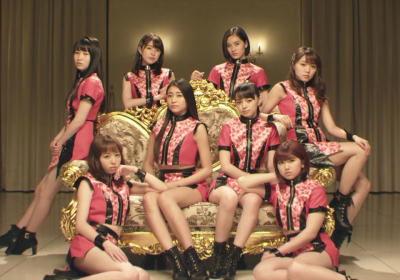
ANGERME Don’t Need Anything But Love in the MV for “Ai Sae Areba Nannimo Iranai”!
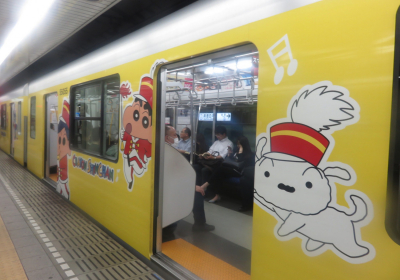
Things You’ll Miss about Japan after Living Here


